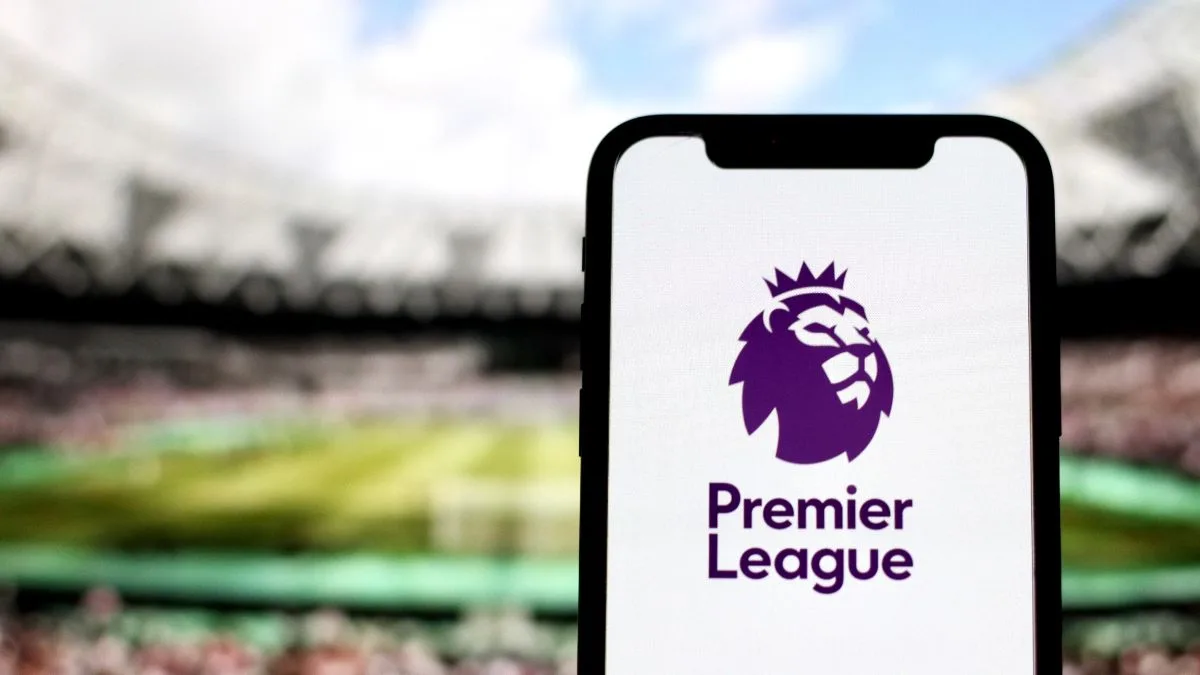In football, players may deliver the goals, but managers build the foundations. They design tactics, instill mentality, and create cultures that last beyond individual matches. A truly successful manager is not only a strategist but also a symbol of leadership and identity.
Few clubs embody this truth more than Manchester United. Over its long history, United has been shaped by visionary leaders who defined eras of greatness and inspired generations of fans. The story of the most successful Manchester United managers begins with the early pioneers before reaching legendary heights under Sir Matt Busby and Sir Alex Ferguson.
In the club’s formative years, United was guided by managers like Ernest Mangnall, who laid crucial foundations. Mangnall was in charge from 1903 to 1912 and was the first manager to win major silverware with United. He secured two league titles (1908, 1911) and the FA Cup in 1909, setting the club on its path to greatness.
These early leaders operated in a different era, balancing limited resources with the ambition to elevate United among England’s elite. While their names may not resonate as loudly as Busby or Ferguson, their achievements ensured United had a competitive pedigree long before the modern age.
This pioneering spirit would re-emerge after World War II in the form of Sir Matt Busby.
No figure transformed Manchester United more profoundly in the mid-20th century than Sir Matt Busby. Appointed in 1945, Busby rebuilt United from the ruins of war and laid the foundations of a modern football dynasty.
His philosophy was revolutionary: prioritize youth development while blending experienced players. This vision produced the legendary Busby Babes of the 1950s.
Busby’s story was also marked by resilience. After the tragedy of the 1958 Munich Air Disaster, which claimed the lives of eight players, Busby rebuilt again, leading the club to European glory a decade later.
Busby believed in nurturing homegrown players—a philosophy that defined United’s DNA. The Busby Babes, with talents like Duncan Edwards, brought flair and fearlessness to English football. Their rise was tragically cut short in Munich, but the philosophy endured.
Step by step, Busby rebuilt with survivors like Bobby Charlton and new stars such as George Best and Denis Law. The culmination came in 1968, when United became the first English club to win the European Cup, defeating Benfica 4–1 at Wembley.
This victory marked not just sporting success but symbolic redemption, ensuring Busby’s place among football’s greatest managers.
After Busby’s retirement, United faced turbulent times. Managers like Tommy Docherty and Dave Sexton brought mixed fortunes. Docherty led United to FA Cup success in 1977, while Sexton, though tactically astute, failed to capture silverware of similar significance.
Compared with Busby’s glory, these managers faced challenges of transition, rebuilding squads in a rapidly changing football landscape. Their leadership kept United competitive, but the absence of consistent trophies highlighted the contrast with earlier success.
This transitional era paved the way for the arrival of Sir Alex Ferguson, who would transform the club beyond imagination.
If Busby was the architect, Sir Alex Ferguson was the empire builder. Appointed in 1986, Ferguson initially struggled but soon ignited one of football’s most dominant dynasties.
During his reign, Ferguson won:
13 Premier League titles
5 FA Cups
2 UEFA Champions League trophies
4 League Cups
Over 30 trophies in total
Statistical evidence places him not only as United’s most successful manager but as one of the greatest in football history.
Ferguson’s crowning achievement came in 1999 when United secured the historic Treble: the Premier League, FA Cup, and Champions League in the same season. No English club had ever achieved this feat before.
The dramatic Champions League final in Barcelona, where United scored twice in stoppage time to defeat Bayern Munich, epitomized Ferguson’s leadership—instilling belief until the very end.
Attributes such as tactical adaptability, mental toughness, and an unrelenting will to win defined Ferguson’s dominance across decades.
Ferguson’s influence extended beyond trophies. He created a culture of excellence, emphasized youth with the Class of ’92, and forged a global identity for United. His management shaped how modern clubs balance tradition with global branding.
This knowledge domain intersection—between sporting dominance and cultural impact—ensures Ferguson’s legacy is immortal, influencing managers and players worldwide.
After Ferguson’s retirement in 2013, Manchester United struggled to replicate his consistency. David Moyes, chosen as Ferguson’s successor, lasted less than a season. Louis van Gaal won the FA Cup in 2016, while José Mourinho delivered the Europa League and League Cup in 2017. Ole Gunnar Solskjaer brought stability but failed to win silverware.
Balanced sentiment reveals that these managers were capable leaders but inherited immense pressure in Ferguson’s shadow. Their struggles highlighted how unique Ferguson’s dominance truly was.
Current Managerial Era and Modern Challenges
Today, United’s managerial journey continues under Erik ten Hag. Appointed in 2022, he has already delivered the League Cup in 2023 and aims to restore consistency and discipline.
The modern challenges for United managers include navigating global media scrutiny, balancing commercial pressures, and competing with financially powerful rivals. This offers a unique value opportunity to redefine leadership in football’s contemporary era.
The most successful Manchester United managers shaped not just the club but global football culture. Busby made youth development central to identity, Ferguson turned United into a global brand, and even transitional managers contributed to evolving strategies.
Their legacies resonate worldwide, inspiring fans and influencing coaching philosophies. For supporters, following these stories extends beyond matches into broader football culture, often through digital communities and platforms like ฝาก-ถอน ufabet168, where heritage and entertainment meet.
From Ernest Mangnall’s early trophies to Busby’s European triumph and Ferguson’s dynasty, the most successful Manchester United managers built legacies that defined football history. They were not just strategists but cultural architects who inspired resilience, ambition, and global recognition.
Their stories unify tradition and modernity, reminding fans that greatness comes from vision as much as results. For those inspired by these legacies, cultural exploration continues beyond football into communities like เทคนิคบาคาร่า, where passion for sport intersects with entertainment.
In conclusion, Manchester United’s managerial history is a testament to leadership. From Busby to Ferguson, and now to modern successors, each manager left an indelible mark, ensuring United’s place as one of the most iconic clubs in the world.




Want to add a comment?